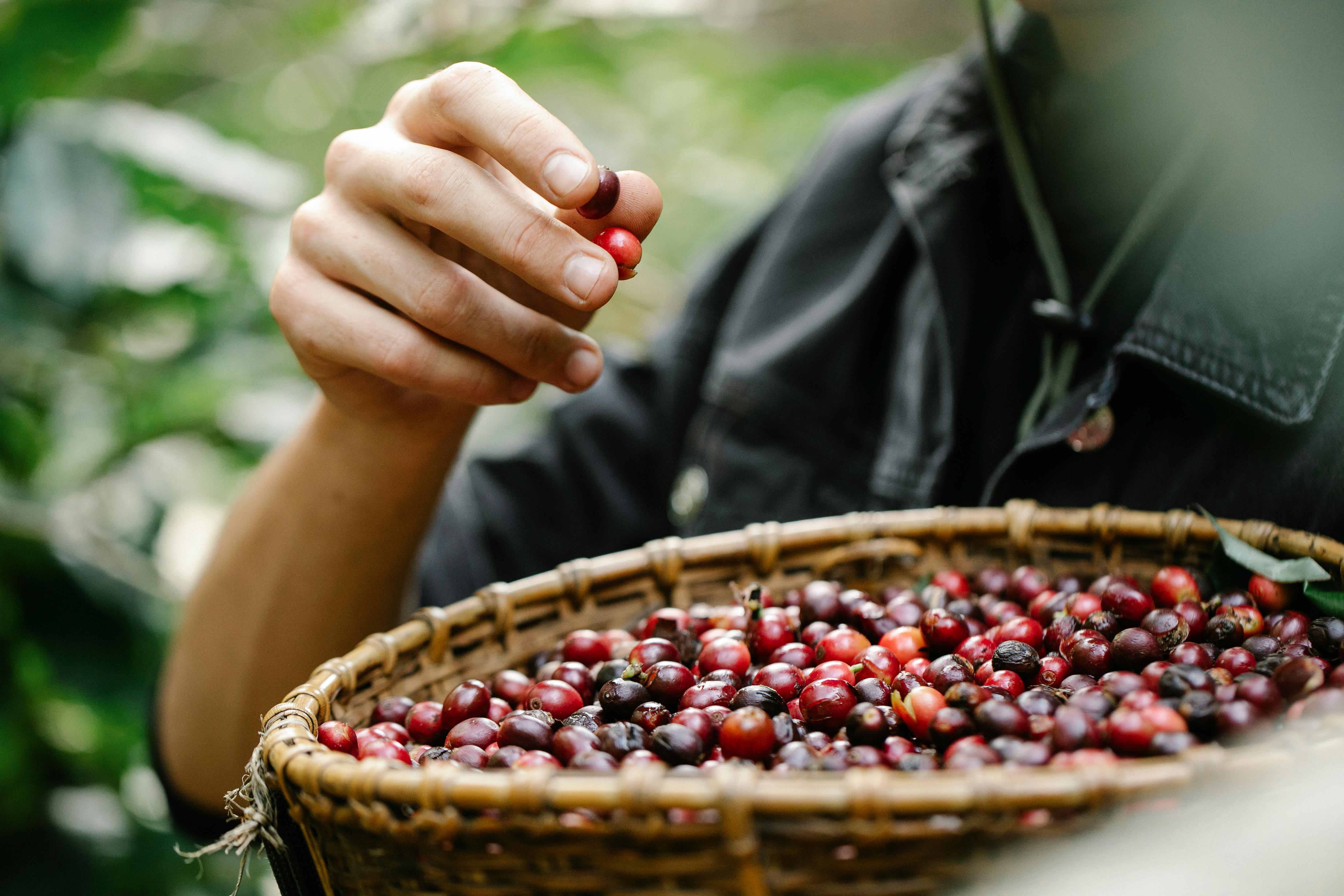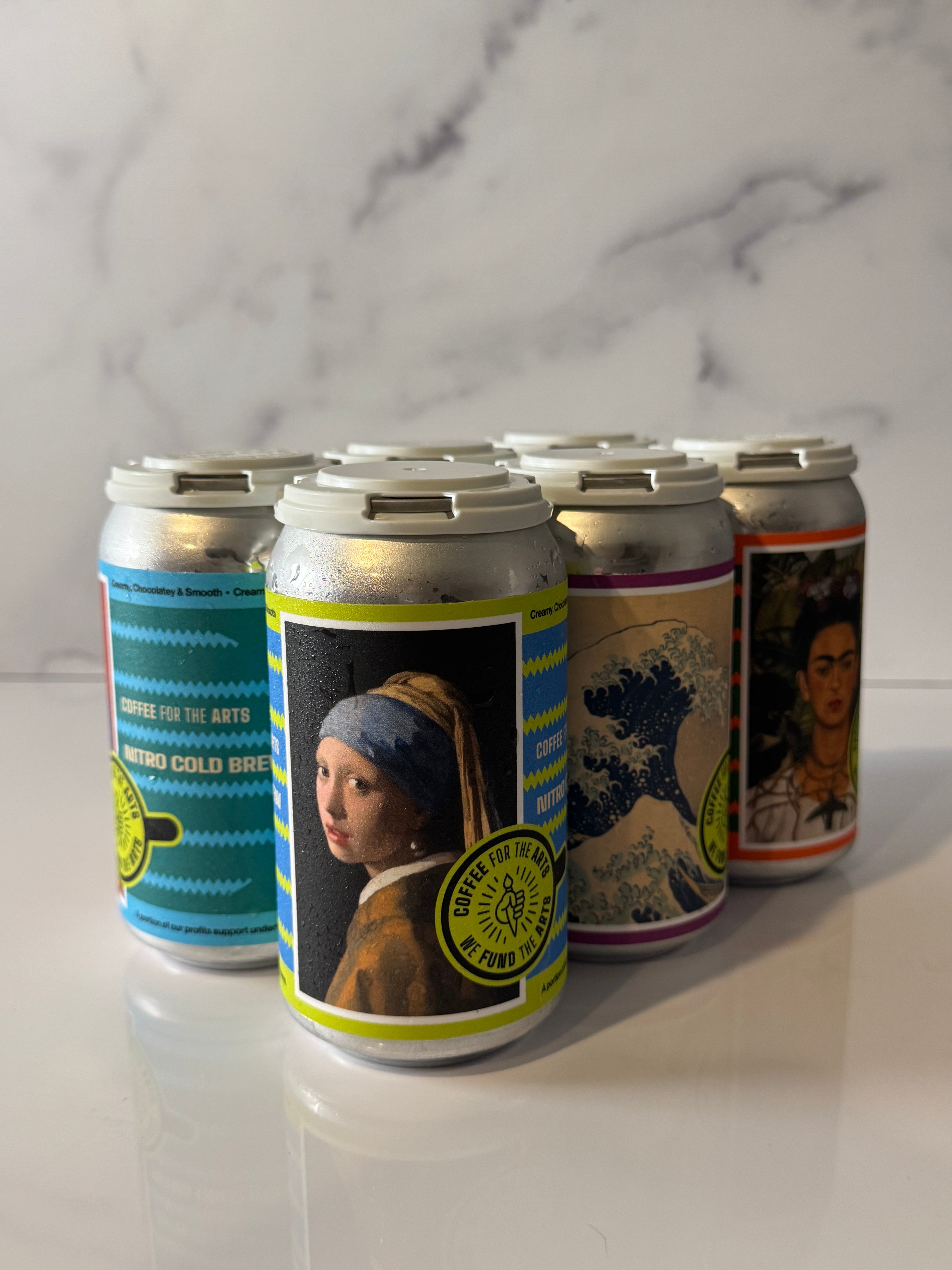A Guide to Ethical Coffee Production

To best appreciate the coffee-making process, it's important to ensure that your products are prepared in a way that does justice to those involved in each step of coffee production. Ethical agribusiness is not usually a common topic of discussion in most households, so we’ve compiled a comprehensive guide to purchasing ethically sourced coffee in the hopes that you’ll become more knowledgeable consumers.
THE ISSUES
Here are a few ethical issues within the coffee industry that the everyday drinker should be aware of
- Labor: Violations of labor rights are by far one of the most common issues plaguing the coffee industry (and most other agribusinesses for that matter) across the globe. The issues summarized below are a few of them that tend to go unnoticed:
- Worker compensation: Many farm workers who cultivate coffee only receive between 2-7% of the money made from the retail price of the final product sold. In even the poorest of countries, this can mean just $2-3 USD per day. This issue is exacerbated by the continuous rise and fall of coffee prices throughout the year because of seasonal changes in coffee yield.
- Child Labor: Low-income families who cannot afford to live off of the commission in countries where child labor is legal or poorly enforced might pull their children from school to work in the fields to cultivate coffee. Studies have found that child labor rates in coffee-producing areas of Brazil are up as high as 37% with the youngest worker being 6 years of age. In Honduras, up to 40% of workers cultivating coffee are children.
- Slavery: Sometimes, workers in coffee-growing regions are in a state of debt peonage where the high cost of renting land or interest loans for emergency healthcare has put workers in a state of debt that can only be paid back with labor. In addition, coffee plantations that employ debt peonage systems often do not implement healthy and safe work conditions for their workers. In 2016, Nestle and Jacobs Douwe Egberts confirmed that they had sold coffee from two Brazilian plantations that were known to use forced labor practices and violated human rights practices.
- The Environment: A lot of commercial coffee is produced as “sun-grown coffee,” meaning it is grown on plots of land in which every single hectare is used exclusively for growing coffee (and nothing else) to maximize yields. This method of cultivation entails the cutting down of trees that provide shade to the tropical and subtropical areas in which coffee plants naturally occur. Fewer trees mean contributions to global deforestation, which means less suitable habitats for local flora and fauna. This eventually leads to gradually declining biodiversity and less affluent ecosystems.
- Women's Equity: In most regions of the world where coffee is produced, 70% of the labor is provided by women, yet leadership roles and agricultural land ownership in the coffee industry are dominated by men. This is due to several reasons including different cultural expectations of women in the workforce as well as systemic barriers to credit access or property ownership. For example, in Vietnam, a country that produces 16% of the world’s coffee, land ownership is mostly inherited from parents — women are significantly less likely to inherit an equal share of land when compared to their male family members. These barriers continue to ensure that women in coffee-growing regions do not reach the same level of financial earnings as the men in the industry.
These are just a few of the most prevalent ethical issues not just within the coffee production industry but in agribusiness as a whole.
WHAT CAN YOU DO TO HELP?
Unfortunately, few things can be done to change these practices quickly, but there are several things that we can do to help bring awareness to these issues and financially inhibit non-ethical organizations from continuing their operations.
Tips for buying ethically sourced coffee:
- Buy locally sourced coffee: locally sourced coffee in the United States is usually more expensive to buy, but that extra bit of money goes toward paying farmers a more equitable wage so that they may continue their craft and deliver high-quality coffee.
- Look for the Fair Trade Certified* label: this certification ensures that farmers receive a minimum price per pound price for the coffee that is sold ($1.40 for non-organic, $1.70 for organic, and a $0.20 community premium). In addition, if market prices are below this minimum, Fair Trade Certified growers receive a higher than market-price rate on whatever product they can sell.
- Look for the Bird Friendly Certified** label: This certification ensures that coffee is grown on land that receives a minimum of 40% shade cover from native trees that grow at least 12 meters high. These requirements create a new ecosystem on the land the coffee is grown on to promote biodiversity.
- Buy from women-owned coffee: buying from women-owned farmers and coffee brands not only provides economic support to the many women who contribute their labor to produce your coffee but also supports the decision-making capabilities of women in positions of power in the industry.
Fair Trade Certified Label: Bird Friendly Certified Label:

Sources:
Bitter Brew: The Stirring Reality of Coffee - Food Empowerment Project (foodispower.org)
What Are The Ethical Issues Of Coffee? – Bean & Bean Coffee Roasters (beannbeancoffee.com)



